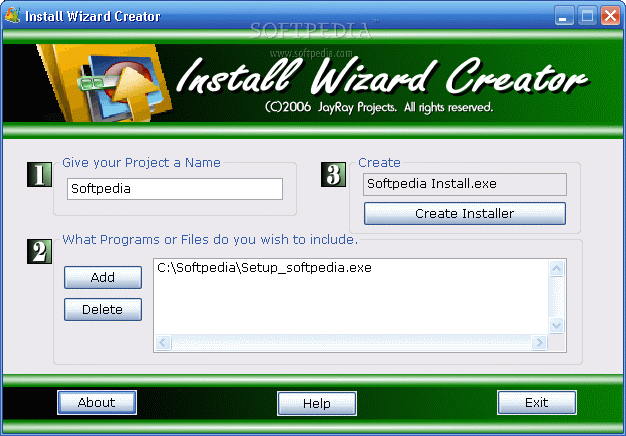

Of installing Python modules and applications. In the future, more directories will be added to handle Python scripts,ĭocumentation, binary executables, and whatever else is needed to handle the job plat) directoryĬontains all Python modules (pure Python and extensions) that will be installed. Temporary files generated by the compile/link process that don’t actually get

If a module distribution contains anyĮxtensions (modules written in C/C++), then the second form, with two ĭirectories, is used. Is used for “pure module distributions”-that is, module distributions that The first form, with just a lib directory, Where expands to a brief description of the current OS/hardware README.txt or possibly just README, which should explain thatīuilding and installing the module distribution is a simple matter of running

Additionally, theĭistribution will contain a setup script setup.py, and a file named Next, the archive will unpack into a similarly namedĭirectory: foo-1.0 or widget-0.9.7. In the name of the downloaded archive, e.g. using the Distutils.įirst, the distribution’s name and version number will be featured prominently Was packaged and distributed in the standard way, i.e. If you download a module source distribution, you can tell pretty quickly if it Setuptools documentation covers everything needed. This legacy documentation is being retained only until we’re confident that the See Installing Python Modules and Distributing Python Modules for more details. Pip package installer and the setuptools build system, rather than Out to be problematic, and it is now recommended that projects use the System and package installer to the language runtime release cycle has turned In the many years since Python 2.0 was released, tightly coupling the build Standard way of installing them directly onto target systems. Python projects into Linux distro packages, and system administrators with a This provided Linux distro maintainers with a standard way of converting In Python 2.0, the distutils API was first added to the standard library. In the Python Packaging User Guide for more information. Tools offer easier to use and more secure alternatives. This guide only covers the basic tools for building and distributingĮxtensions that are provided as part of this version of Python.


 0 kommentar(er)
0 kommentar(er)
